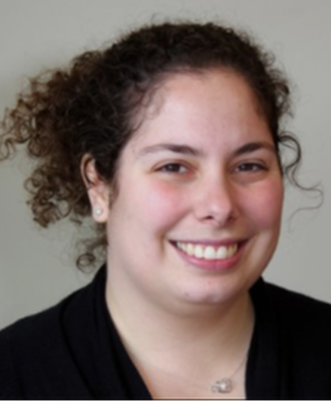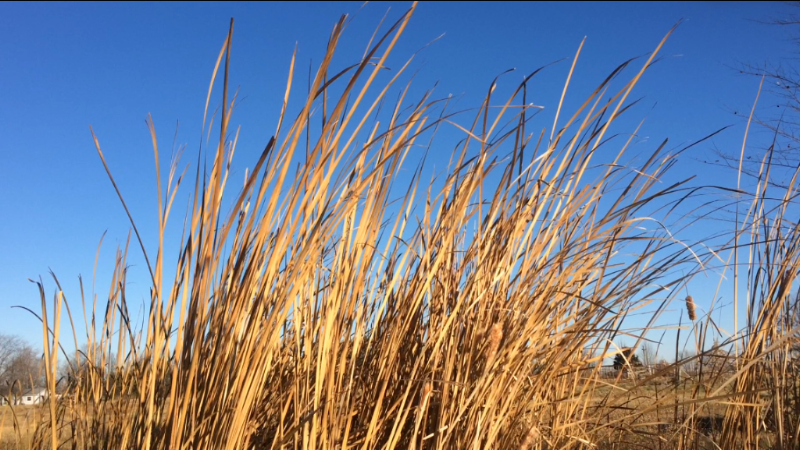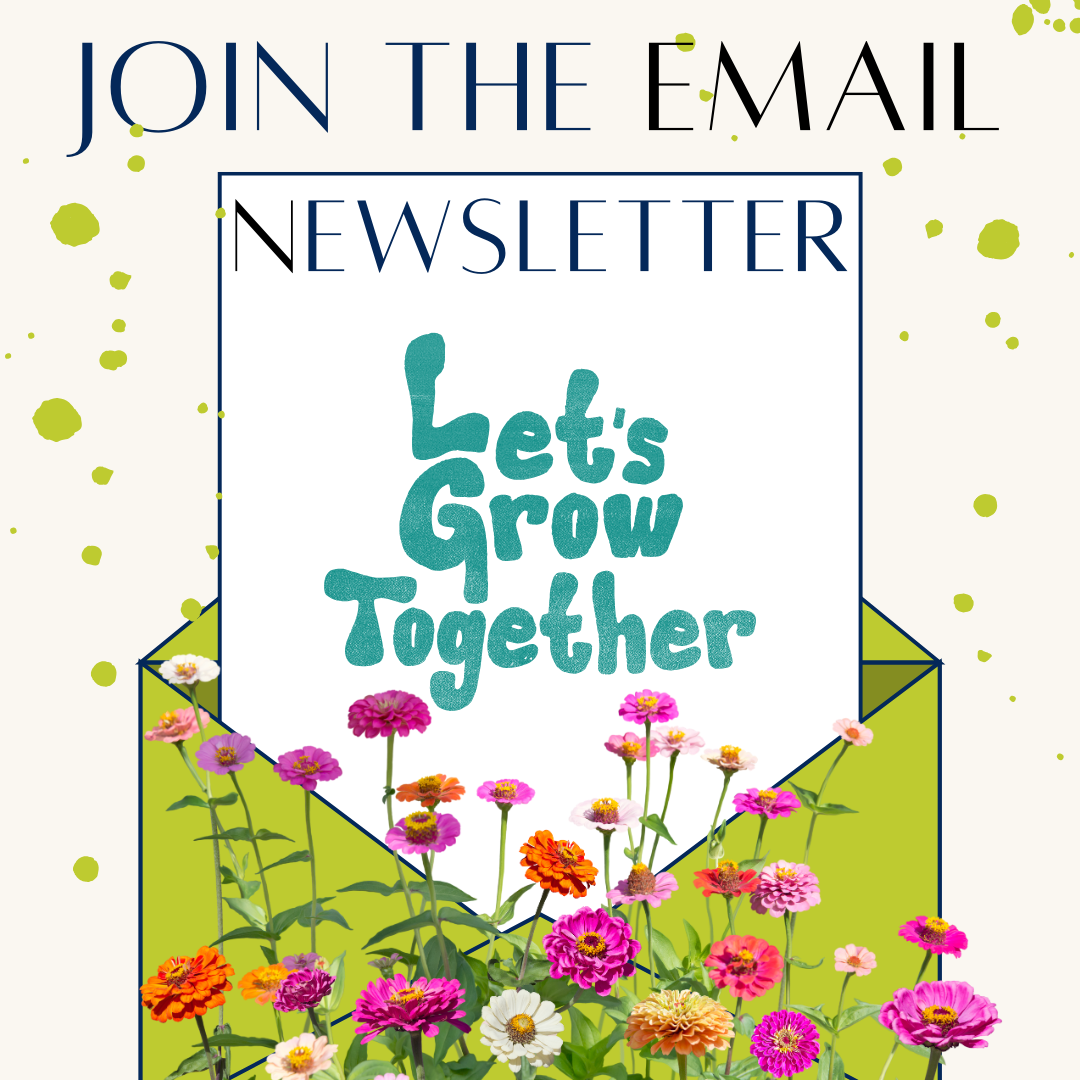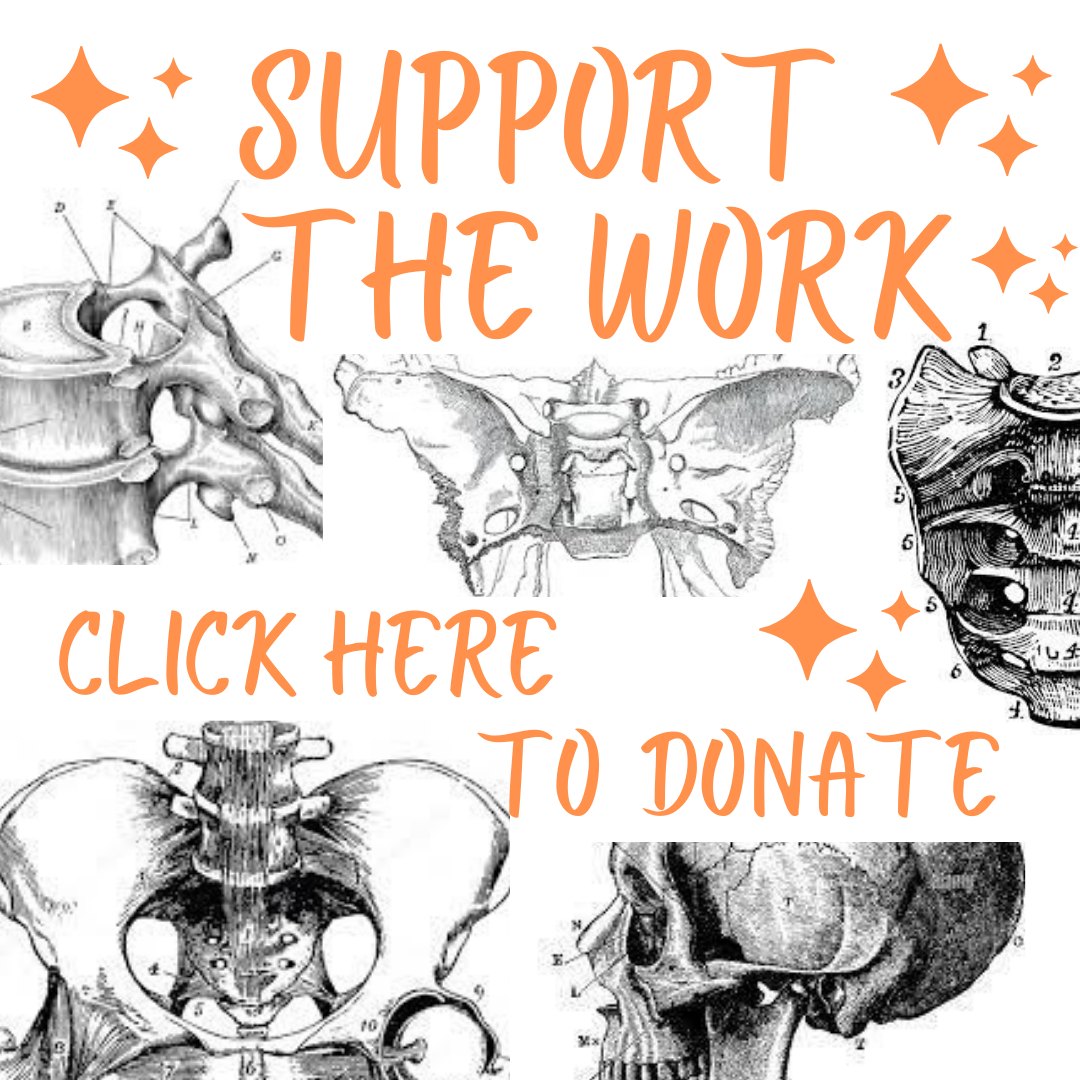The Abenaki Worldview:
Traditional Knowledge as a Guidepost For the Future
with Melody Walker Brook
|
Melody Walker Brook is an Abenaki educator, activist, and artist. She is a citizen of the Elnu Abenaki Band and has previously served as the vice chair and chair of the Vermont Commission on Native American Affairs. She received her master's degree in history from the University of Vermont. She is an operations manager and was an adjunct professor at Champlain College until she recently moved to the South. As an adjunct professor at Johnson State College she taught Native American History and Culture, Abenakis and Their Neighbors, and Native American Spirituality. Within her community Melody has focused on cultural revitalization and concepts of personhood. She lectures in K-collegiate level classrooms and consults with many organizations in the community. She is a fingerweaver, beadworker, traditional tattoo artist, and interprets belts.
Click here to meet Melody in this Tedx Talk on Weaving a Thread Through the 7 Generations. This event is organized by the Decolonization Solidarity Study Group (Leah Fury, Erok, Eli Mutino, Yepeth Perla Rubin, Murphy Robinson, Abbi Jaffe and Amanda Franz). We are non-indigenous folks living on the unceded territory of the Abenaki people. For the last 2 years we have met once or twice a month to discuss indigenous writing and decolonization texts and to check in about our efforts to re-center indigenous voices, initiatives and sovereignty. |
Dec 16, 2018, 11am-2pm
(Come at 10am for optional reading time in our library) Presentation by: Melody Walker Brook Event facilitated and supported by: Melody Walker Brook, Amanda Franz, Abbi Jaffe, Erok, Lane Fury, Yepeth Perla Rubin and more There is a cultural and academic rift between the traditional knowledge of indigenous people and dominant society. Within the dominant culture indigenous ways of knowing are given little credence outside of curiosity. Abenaki people have lived in their homeland for more than ten thousand years. They intimately knew the land and its people, human and non-human, and actively shaped the world. We still are. Our worldview and contributions to this place can be reimagined and used as a guidepost to understand our place within the circle of creation and to help other people understand the space we are holding. What our ancestors had to teach is not only valuable but essential. It can be used to heal historical trauma, instill resiliency, and reinstate the key ingredient for a more beautiful world - reciprocity. Come explore Abenaki ways of knowing and discuss how to grow a better path for the next generations. Join us for a presentation with Melody Walker Brook. Afterwards there will be time for questions, small group discussion, personal processing and a closing circle.
Cost: $25 (sliding scale $5-50). No one turned away. Money goes to pay our presenter/lecturer. Any extra funds raised will be donated to an indigenous cause of the presenter’s choice. |
Decolonization: Investigating Colonial Impact
|
Readings: (predominantly authored by indigenous people)
*Understanding Colonizer Status by Waziyatawin *Decolonization is not a metaphor by Eve Tuck, K. Wayne Yang (We would like to include the perspective around ‘settlers moves to innocence’ in the discussion that day.) Optional Additional Readings: *Earthshapers & Placemakers by Margaret M. Bruchac *Poem: Why are white people in charge of North America? by Tad Hargrave *Poem” graduate school first semester: so here I am writing about Indians again, by Cheryl Savageau *Qallunology 101: A Lesson Plan for the Non-Indigenous, By Derek Rasmussen *America is Still a Colony and the Reemergence of Native Nations by Jacqueline Keeler |
April 8, 2018, 10am-1pm (Come at 9am for some optional reading time)
Facilitated by Amanda Franz, Abbi Jaffe, Erok, Leah Fury, Yepeth Perla Rubin and others “the United States is still a colony in function and form if not in name. When Americans realize this then they can truly begin to change the system by asking themselves the question: how can I be an ethical colonist?” ~Jacqueline Keeler Read the selected readings and join us for small group discussions, humbly facilitated by non-indigenous folks. While we do not claim to “know” the fullness of what decolonization means, we deeply desire to live in a community that learns and grows together. Space for reflection and optional movement is included in the plan for the event. During the event we will be having a discussion based around the two specific articles linked on the website. Our hope is that you can read the articles before the event. The doors will open at 9am on the day of the event if you would like to come early for some reading time. We have 5 copies of each article printed to share during this time. By donation ($5-25 suggested)- proceeds will be given to local indigenous groups, TBD. If inspired, bring a snack to share. SPACE IS LIMITED. We want to have enough facilitators to have the small groups be an easeful size. Let us know you are coming. PLEASE REGISTER HERE. This event is co-organized by the Decolonization Solidarity Study Group. We are non-indigenous people (Leah Fury, Erock, Eli Mutino, Yepeth Perla Rubin, Murphy Robinson, Abbi Jaffe and Amanda Franz) who acknowledge that we live on stolen land and want to support First Nation sovereignty. For the last 1.5 years we have met (and will continue to meet) once or twice a month to talk about texts we have read together. We also work to support indigenous led initiatives. |



